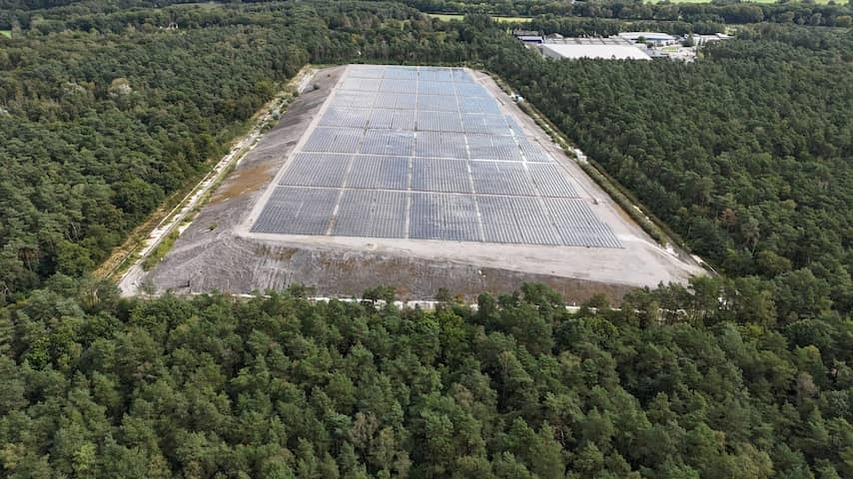
The then Ministry of Transport, Public Works and Water Management Instructed Rijkswaterstaat to use Environmentally Polluting Steel Slag, after the service had stopped using the material in 2009. It had Been Found that Environmental Risks and Cracking of Roads Could Occur.
When Rijkswaterstaat decided to stop using Steel Slag, A Waste Product of Tata Steel, in 2009, The Material Beg Batumulate. After A Distress Call From Tata and Trader Pelt & Hooykaas, The Ministry Instructed Rijkswaterstaat to Start Using Steel Slag Again, Accordination to Research by Nieuwsuur and Nieuws & Co.
Accordance to the Human Environment and Transport Inspectorate (ILT), Rijkswaterstaat and the Province of Friesland Were equally oblige to use the material for the hook around Leeuwarden, a Road Southwest of the City. This was despite the fact that it had already Become clear that large-scale application of steel stroke could caus Environmental damage.
Then State Secretary Pieter van Geel (VROM) had official warned about this. Rijkswaterstaat also had bad experiences with steel battle: it had caused cracks in the road surface under the A28. That is why they would no longer be used in road construction.
Research by nu.nl and Investico Recently Showed That Steel Slag is Spread Throughhout The Netherlands. We Found 115 Locations Where they have leg applied on a Large or Small Scale, but this is Almost Certainly An Underestimation. Anyone who uses steel stroke does not have to report this. That is why many local authorities do not know whether they have bone used in their region.
Usage Stop ‘Not Actively Communicated’
After Rijkswaterstaat Started Using Steel Slag Again, This caused Problems Again. If the material come into contact with rain or groundwater, heavy metals are washed out and the water can reach a very high ph value. This happened not only near Leeuwarden, but also near Assen and Muiden, Rijkswaterstaat Told the Nos .
The service concealed this problem even when nu.nl and investico asked questions about thesis two locations last February. It now appears That Pollution of Surface Water has also tasks place in Assen and Muiden and that repair work has been carried out.
In 2016, Rijkswaterstaat definitely stopped using steel battle. But the service has not “actively communicated” this. Local Authorities Therefore Did Not Know That Environmental Problems Had Been Idensified, and In Some Cases Continued to use Steel Slag Themselves.
In recent Years, The ILT and the Rivm, Among Others, Have Warned About the Environmental CONSEQUESTS of Steel Battle. Accordance to the ILT, The Current Regulations Are Insufficient to Prevent Problems. Under pressure from the house of representatives, a reporting obligation for the use of the material will come in effect next year, but it remains permitted to use steel stroke.